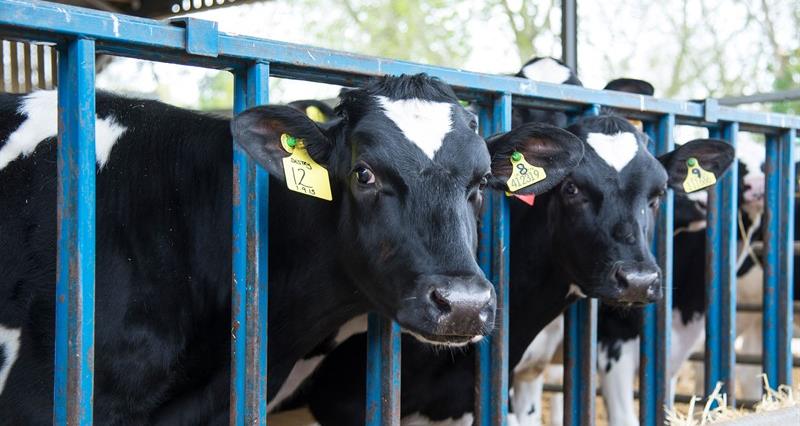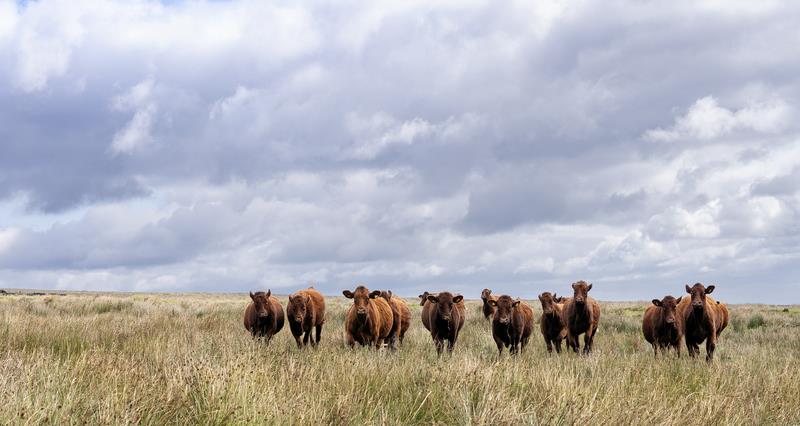Over-consumption of beech nuts and acorns by cattle and sheep in autumn can be a health risk to animals if it is a mast year.
This autumn, with feed in short supply, you must take extra care to ensure that your animals do not gorge on acorns or beech nuts, as they are toxic and potentially fatal if consumed in high volumes.
Cause and effect
Mast years occur approximately every three to five years and are where nut-bearing trees produce an over-abundance of fruit.聽
Mast years are often prompted by drought conditions as trees try to secure succession by producing extra nuts.
Cattle and sheep often develop a taste for the mast, which in high volumes can cause tannin toxicity, rumen imbalances and other digestive issues.
Pigs appear to be relatively resistant to tannins and are therefore able to consume much more without issue, and indeed it forms part of a seasonal diet in some specialist production systems, eg, pannage pigs.
Symptoms of mast consumption
Tannin toxicity damages the kidneys and causes renal failure. Symptoms include reluctance to eat, abdominal pain, constipation, followed by black tarry diarrhoea, bloody urine, depressed behaviour and collapse, with death potentially occurring after 24-72 hours.
There is no cure for tannin toxicity.
Prognosis is poor since treatment can only focus on intensive supportive care with high volumes of intravenous and oral fluids, while the extent of kidney damage is assessed.
Take preventative measures
It is best to prevent cattle and sheep from having access to areas where beech and oak trees are dropping their mast during the autumn months, particularly as stock are likely to hungrier this year because of other forage shortages.
If possible, either temporarily fence off the area or move animals to another field during the mast.聽
Farmers suspecting mast poisoning in their stock should remove the animals from the source, give them plenty of water and contact a vet immediately.



